The US continues to be a hot spot for healthcare insurance and accessibility issues. Approximately 90% of American adults have health insurance of some kind, but many still face medical debt.
Particularly in the case of out-of-network expenses. Professional care covered by your insurance plan is less expensive, but it’s not always possible. You may need to seek uncovered care, depending on the condition for which you or a family member need treatment.
Many Americans are faced with this challenging decision while evaluating their healthcare requirements. For out-of-network care, you may have to pay extra, but we offer some advice to help you make the best decision possible.
The fundamentals of health insurance and how to find out where to get care outside of your network will be covered in this blog. Additionally, there are methods for informing your insurance company that this out-of-network care is required and asking them to pay for it.
The Fundamentals of Health Insurance Protection
Let’s first discuss the definition of health insurance and its significance. A legally binding agreement that assists a patient in covering the cost of medical care is known as health insurance.
Usually in return for a payment paid to a health insurance provider. In the event that you or a loved one sustains an unexpected illness or injury, this provides crucial financial protection.
The sum of money a patient must pay for health insurance is known as the premium. Payments are typically made on a biweekly, monthly, quarterly, or occasionally annual basis.
While we’re talking about insurance expenses, let’s review some other crucial definitions:
- Cost sharing: It is the practice of patients splitting the out-of-pocket expenses for treatments that are covered. This typically includes coinsurance, copayments, and deductibles. which is a fantastic way to introduce our next terms.
- Deductible: The amount a patient has to pay out of pocket for approved services prior to the start of their insurance. I mean “helps to pay for services” when I say “kicks in.” Certain services may have different deductibles under certain plans. like the difference between in-network and out-of-network deductibles.
- Copayment: The set sum that a patient must pay after covering their deductibles.
- Coinsurance: The portion of a patient’s covered medical expenses that they pay after reaching their deductible.
Healthcare plans come in a wide variety of forms and levels of coverage. These plans, often known as packages, outline the goods and services that the insurance provider is prepared to pay for. Moreover, to what degree? Generally speaking, the better the coverage, the higher your rate.
As long as the physician you see is on the list of approved providers for your health insurance, you are seeing an in-network provider.
This indicates that your health insurance company and that particular provider have a contract. Consequently, it is possible that a portion of your treatments and/or procedures are covered.
However, as I previously stated, there are instances in which you must seek care outside of your network. This indicates that your health insurance does not cover these services.
Your insurance will therefore probably be more expensive than in-network even if it covers some out-of-network expenses. And that’s assuming you pay your deductible in advance. Keep in mind that out-of-network providers are frequently referred to as “non-preferred” or “non-participating” providers.
For an In-Network Rate, Out-of-Network Care
Once more, this is often a last resort rather than a choice for many people.
Specialized care is not always covered by health insurance plans. For instance, specific cancer therapies or uncommon diseases.
But that doesn’t imply you have to pay the full amount up front. To meet your financial needs, you can cooperate with your insurance providers or companies. The following are additional circumstances that may necessitate out-of-network care:
- You are taken to a hospital outside of your network due to an emergency.
- You don’t have access to the network you need to get the care you require because of your remote location.
- After receiving serious medical care from an in-network physician, you are forced to switch networks. Because of the restrictions on the network of your new plan, that doctor is no longer covered. Additionally, in the middle of your treatment, your doctor may decide to quit your network.
- When a natural disaster strikes, people may have to evacuate to places that are not covered by their network.
- Having your child attend college and need to be a part of a medical community outside of their institution. Your youngster can be a guest in that network of doctors thanks to this “guest membership.” There may be “travel” networks included in some schemes.
Fortunately, any of these scenarios could end up costing the same as your standard in-network fee. If not same, then almost so. It simply relies on your state’s legislation and your health insurance plan. Here are some pointers for navigating out-of-network care.
Negotiate with Your Insurance Provider about It
Your health insurance company may grant you prior authorization in certain situations to seek out-of-network care at an in-network cost. To do this, you would need to formally request it from your insurance.
These requests are sometimes referred to as “appeals.” Don’t worry; although this may all seem a little complex, your primary care physician will probably notify your insurance company of this on your behalf. The procedure for submitting the request on your own can be found on the website of your insurance provider, or you can contact customer support.
Additionally, your insurance company and an out-of-network provider may enter into a single-case arrangement. In order for the patient to see the out-of-network provider at an in-network fee, the payer and the provider enter into a one-time contract.
Your right to treatment and your legal protection are enhanced if your doctor decides that going out-of-network is necessary for your medical care.
Alternative Solutions
Affordable out-of-network care can also be obtained through alternative payment options including Flexible Spending Accounts (FSAs) and Health Savings Accounts (HSAs). You can more readily offset the higher costs of out-of-network care by using money from these accounts.
Contributions to pre-tax funds are permitted under both FSAs and HSAs. The money you move to these accounts is therefore exempt from federal income tax. Different medical costs, including deductibles, copayments, and coinsurance, can be covered by this.
Be Your Own Advocate
Make sure to organize all of your medical records if you do go out-of-network, whether on your own initiative or as a result of a doctor’s recommendation. Being your own best advocate and maintaining thorough documentation of every correspondence with your insurance provider are essential. especially when attempting to negotiate pricing and obtain care outside of the network.
In some situations, those who are denied the opportunity to seek care within their network are also protected by the No Surprise Act.
The following are some examples:
- Most emergency services.
- Non-emergency supplies and services from non-network providers while undergoing care at specific in-network hospitals.
- The majority of air ambulance services from out-of-network providers (ground ambulance services excluded).
Unexpected billing is a type of balance billing that is frequently connected to care that is provided outside of the network. Unexpected medical fees for uninsured out-of-network expenses are prevented by this act.
In Conclusion
Getting the greatest care often requires using out-of-network care, which can be intimidating. Knowing the limits and exclusions of your insurance policy is the first step in reducing expenses. Speak up for yourself by examining single-case agreements, negotiating pricing with your insurer, or submitting medical necessity arguments. Additionally, programs like FSAs and HSAs can assist defray increased expenses.
Maintain thorough records of all correspondence with insurance and providers in order to successfully handle billing disputes. In some circumstances, unexpected medical costs are protected by statutes such as the No Surprises Act. Out-of-network care can be managed while maintaining your financial stability if you are prepared, communicate, and are persistent.

